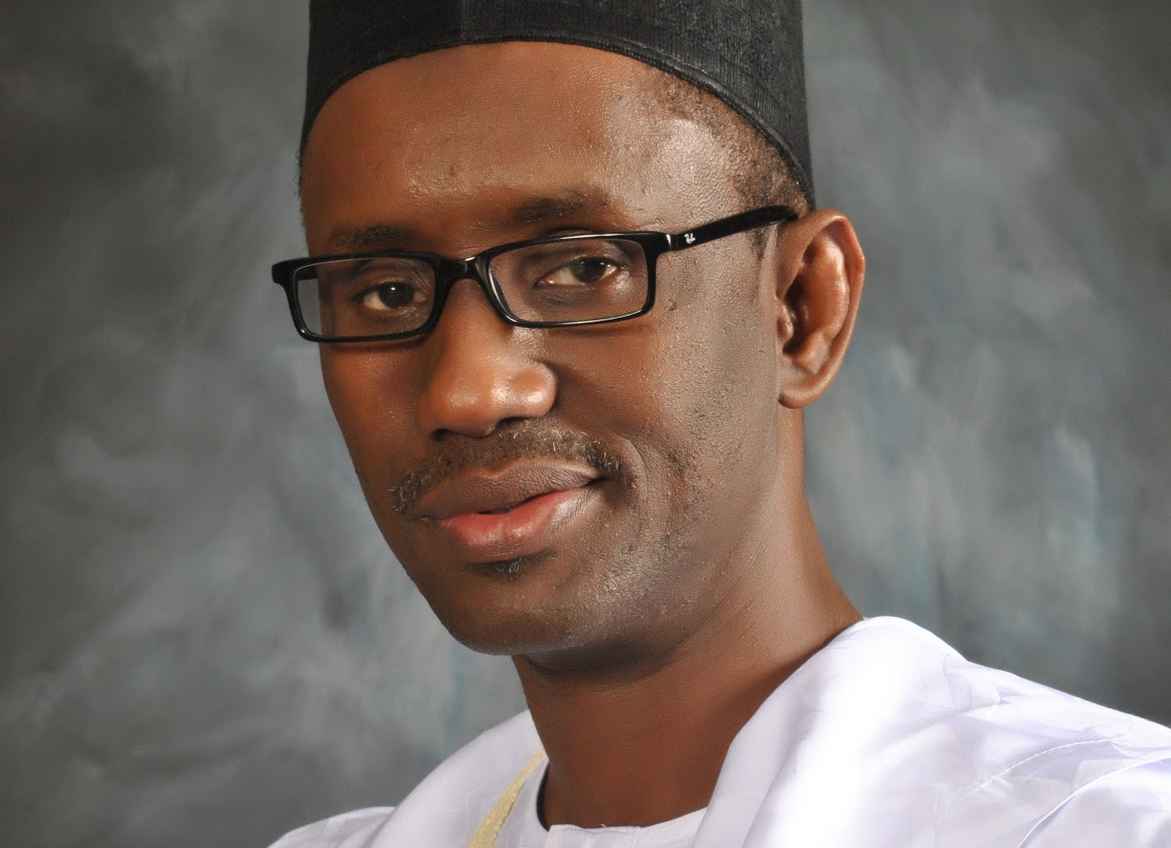A former Chairman of the Economic and Financial Crimes Commission, Nuhu Ribadu, has noted that the Fulani/herdsmen crisis has nothing to do with the f
A former Chairman of the Economic and Financial Crimes Commission, Nuhu Ribadu, has noted that the Fulani/herdsmen crisis has nothing to do with the fact that President Muhammadu Buhari was a Fulani man. Ribadu, a chieftain of the APC, said, on the contrary, most nomadic Fulani herders felt marginalised under the Buhari government.
He said, “People have continued to misunderstand what is going on. President Buhari has nothing to do with what is going on. In fact, the Fulani are even angry with him because they think he has abandoned them. They think he is listening to the others and that he meets people from Benue, Plateau and never gave them an audience. They are saying that he gave billions of naira to others as victims but has not given them anything. But the Buhari I know is just an honest man. He is not taking sides in this struggle, but he cannot change himself because he is a Fulani man or claim that he is no more a Fulani man because it has become an issue.”
Nuhu Ribadu said many of the herders were migrating southwards not only because of desertification but also because of the high rate of insecurity in the North. He said sadly, the nomadic Fulani are never given a sense of belonging wherever they go because they are not landowners. The former EFCC boss added, “You can hardly see any nomadic Fulani man that is part of a state assembly or the National Assembly and they form about 15 to 20 million of the population and they are marginalised. They are not in any way benefiting from what is happening in the country today.
“There has been only one attempt to address the problem and that was the nomadic education programme. Many of those who participated in the nomadic education programme are PhD holders today and those that are working are helping their communities. Other than that, I have not seen any effort geared towards solving their problem.”
Punch
